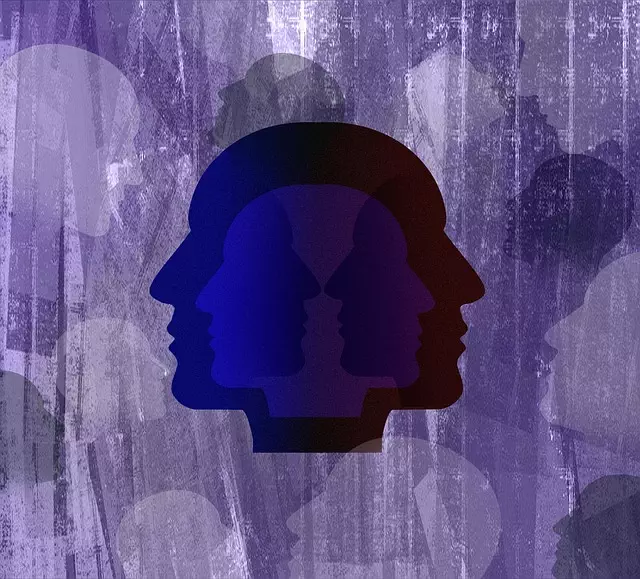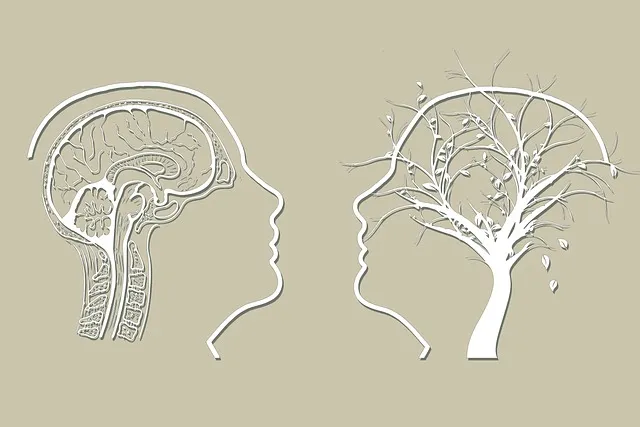Cultural competency at Kaiser Permanente's Lone Tree behavioral health center is a comprehensive strategy to enhance patient outcomes and experiences by addressing diverse cultural needs. Through community outreach, mindfulness practices, and inclusive communication, the center offers tailored care that respects individual beliefs and backgrounds. Training programs equip healthcare providers with evidence-based skills, fostering an environment of trust and active participation for all patients, regardless of their unique cultural identities.
“At the Kaiser Permanente Behavioral Health Center Lone Tree, cultural competency training is not just a priority—it’s essential. This comprehensive guide explores the urgent need for culturally responsive healthcare, especially within our diverse community. We delve into the profound impact of cultural competent care on patient outcomes and experiences, highlighting improved satisfaction and adherence to treatment plans. Furthermore, this article presents a strategic framework for designing and implementing effective training programs tailored to the unique needs of Kaiser Permanente Behavioral Health Center Lone Tree’s healthcare providers.”
- Understanding Cultural Competency in Healthcare: A Need for Kaiser Permanente Behavioral Health Center Lone Tree
- The Impact of Cultural Competent Care on Patient Outcomes and Experience
- Designing and Implementing Effective Training Programs for Healthcare Providers at Kaiser Permanente Behavioral Health Center Lone Tree
Understanding Cultural Competency in Healthcare: A Need for Kaiser Permanente Behavioral Health Center Lone Tree

Cultural competency is an essential aspect of providing quality healthcare, especially in diverse communities like that served by Kaiser Permanente behavioral health center Lone Tree. It involves recognizing and appreciating the cultural differences among patients and their families, understanding how these differences influence health beliefs, practices, and communication styles, and incorporating this knowledge into clinical care. The need for such training is evident given the growing diversity of the American population, with various ethnic, cultural, and socioeconomic backgrounds requiring tailored healthcare approaches.
Kaiser Permanente behavioral health center Lone Tree’s commitment to cultural competency is not just a response to demographic changes but also a strategic move to improve patient outcomes and satisfaction. By promoting understanding and respect for diverse cultures, the center aims to create an inclusive environment that encourages open communication, builds trust, and fosters effective treatment plans. This approach can be significantly enhanced through initiatives like Community Outreach Programs that provide educational resources and support services tailored to specific cultural needs. Moreover, practices such as Mindfulness Meditation and Stress Management techniques, often incorporating cultural elements, can significantly benefit both patients’ mental health and overall well-being.
The Impact of Cultural Competent Care on Patient Outcomes and Experience

Cultural competency training plays a pivotal role in enhancing patient outcomes and experiences at healthcare providers like Kaiser Permanente’s behavioral health center in Lone Tree. By embracing diverse cultural perspectives, healthcare professionals can create an inclusive environment that respects and values each patient’s unique background and beliefs. This fosters trust and openness, encouraging patients to actively participate in their care plans, leading to improved adherence to treatment guidelines.
Moreover, culturally competent care significantly contributes to better patient satisfaction and mental well-being. Effective communication strategies, tailored for different cultural backgrounds, ensure that patients understand their conditions and treatment options. Encouraging self-care routine development for better mental health and focusing on inner strength development can empower individuals to navigate life’s challenges with resilience, ultimately leading to enhanced overall well-being.
Designing and Implementing Effective Training Programs for Healthcare Providers at Kaiser Permanente Behavioral Health Center Lone Tree

At Kaiser Permanente Behavioral Health Center Lone Tree, designing and implementing effective training programs for healthcare providers involves a multifaceted approach tailored to address diverse patient needs. The center prioritizes cultural competency training as a cornerstone of its mission, ensuring that medical professionals are equipped to offer empathetic, effective care to all individuals, regardless of their background or identity. This comprehensive training integrates evidence-based practices in mental health policy analysis and advocacy, empowering staff to navigate complex healthcare landscapes and champion mental wellness initiatives.
The programs focus on enhancing clinical skills, fostering an inclusive environment, and promoting self-awareness among providers. Through interactive workshops, case studies, and role-playing scenarios, participants delve into topics such as depression prevention, cultural nuances, and effective communication strategies. This immersive learning experience enables healthcare providers at Kaiser Permanente Behavioral Health Center Lone Tree to better understand and address the unique mental health concerns of their patient population, ultimately enhancing the quality of care delivered.
Cultural competency training is a vital step towards enhancing patient care at Kaiser Permanente behavioral health center Lone Tree. By equipping healthcare providers with the skills to navigate diverse cultural landscapes, we can significantly improve patient outcomes and experiences. The comprehensive strategies outlined in this article, from recognizing the need within the organization to designing effective training programs, provide a roadmap for fostering a more inclusive and empathetic environment. Investing in these initiatives ensures that Kaiser Permanente Behavioral Health Center Lone Tree remains at the forefront of providing quality care to a diverse patient population.






